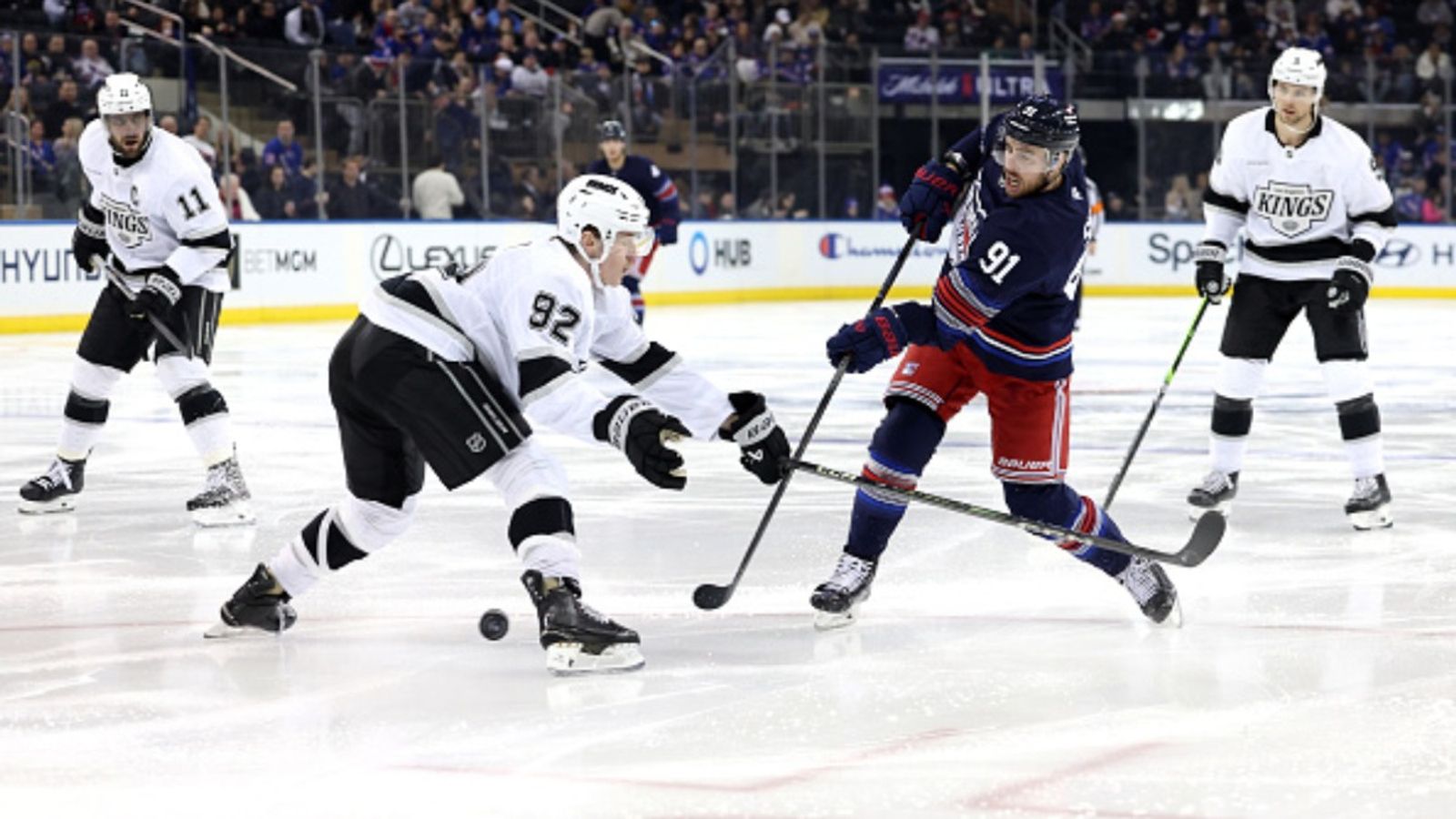The National Hockey League (NHL) has long followed a tradition of avoiding games on Christmas Eve and Christmas Day, a practice that has become a significant part of the league's culture. This decision, rooted in the values of family, rest, and community, has shaped the holiday schedules for players, staff, and fans alike.
The NHL's decision to halt games on Christmas Eve and Christmas Day began in 1972. After much consideration, the league decided to discontinue games on Christmas Day, giving players and staff the opportunity to spend the holiday with their families. The following year, the NHL extended this break to include Christmas Eve, further solidifying the league’s commitment to honoring the holiday season.
This move, while a significant change to the league's scheduling practices, reflected a growing awareness of the importance of family and rest during the holiday season.
Why the NHL Chooses to Avoid Christmas Games
Family Time:
The primary reason behind the NHL's break is to allow everyone involved—players, staff, and fans alike—to spend quality time with their families. This move aligns with the broader societal values of family togetherness and holiday celebrations. NHL players, who often travel and spend long hours training or playing, cherish this time off to reconnect with their loved ones.
Rest and Recuperation:
The NHL season is notoriously grueling, with each team playing 82 regular-season games. The break over Christmas provides players a crucial opportunity to rest and recover. This brief respite helps them recharge for the second half of the season, which is physically demanding and intense.
Historical Context:
In the early 1970s, as the NHL expanded and became increasingly commercialized, the decision to observe the Christmas break was a strategic move. It allowed the league to establish a positive public image, demonstrating its respect for players' personal lives and creating goodwill with fans. Over time, the tradition has remained as an important part of the league’s culture.
The First Christmas Day Game: A Historical Glimpse
Interestingly, the NHL did schedule games on Christmas Day for many years. The first-ever Christmas Day game took place in 1920, with the Toronto St. Patricks defeating the Montreal Canadiens 5-4. This historic match became a thrilling contest, with the Canadiens initially leading 3-1 in the second period before the St. Patricks mounted a comeback and scored four unanswered goals. The Canadiens added one more goal, but it wasn't enough to overcome Toronto’s lead.
However, by 1972, this tradition was phased out, and the NHL decided to forgo games on both Christmas Eve and Christmas Day in favor of honoring the holiday.
The Impact of the Break: Player and Fan Reactions
Player Testimonials:
Many NHL players have expressed their appreciation for the holiday break. One notable figure, Wayne Gretzky, widely regarded as one of the greatest hockey players of all time, once shared in an interview that he valued the Christmas break. He described it as an opportunity to spend time with his family and recharge for the remainder of the season. "Christmas is a time for family," Gretzky said, emphasizing the importance of the break in maintaining a balance between professional and personal life.
Fan Experience:
While some fans may miss the excitement of games during the Christmas holiday, many appreciate the NHL’s recognition of family time. The break helps build anticipation for the games that resume after the holiday, particularly the much-loved New Year’s Day Winter Classic. The Winter Classic often features outdoor games that draw significant viewership and give fans something special to look forward to after the holiday break.
The Viewership Impact
Historically, sports leagues, including the NHL, have experienced lower viewership on Christmas Day compared to other times of the year. This is consistent with the trend that people tend to focus on family activities rather than watching sports on TV during the holiday period. By skipping games on Christmas Eve and Christmas Day, the NHL avoids competing with other family traditions and ensures its audience remains engaged when the season picks back up.
The Possibility of Additional Games
If the NHL were to schedule games on Christmas Eve and Christmas Day, it could potentially add around 20 games to the regular season, assuming an average of 10 games per day. While this could increase revenue and viewership, the league has consistently prioritized the well-being of its community—players, staff, and fans—over financial gain.
A Tradition of Family and Community
The NHL’s decision to avoid games on Christmas Eve and Christmas Day underscores the league's commitment to the personal lives of its players and staff. By honoring the holiday season with a break, the NHL reinforces the values of family, rest, and togetherness. The tradition has not only been embraced by players and staff but also by fans who appreciate the gesture.
This break is now viewed as an essential part of the NHL’s calendar, standing in contrast to other major sports leagues like the NBA and NFL, which schedule games on Christmas. The NHL’s dedication to family time is a hallmark of the league’s identity and a much-loved aspect of the holiday season.
As the league moves closer to the 50-year anniversary of ending Christmas Day games, it remains clear that the break will continue to be an important tradition, setting the NHL apart from other major sports leagues and reinforcing the balance between professional sports and personal life.


